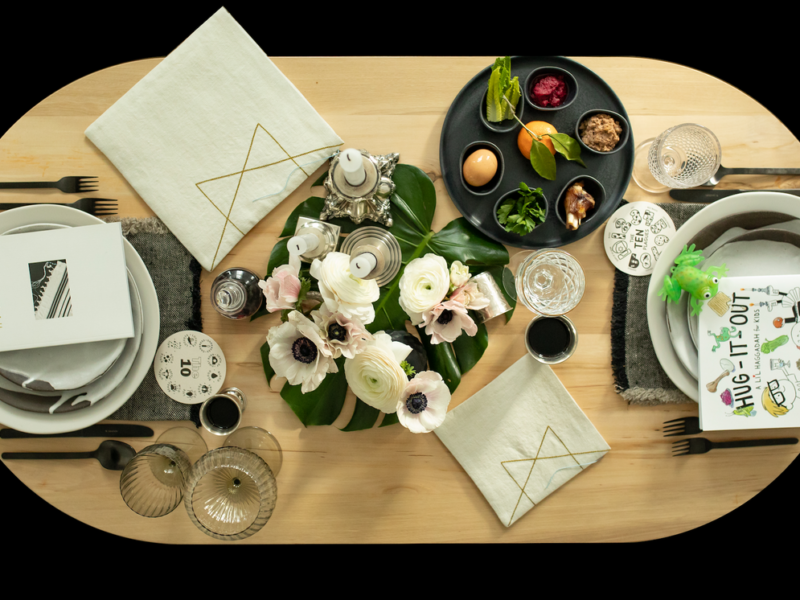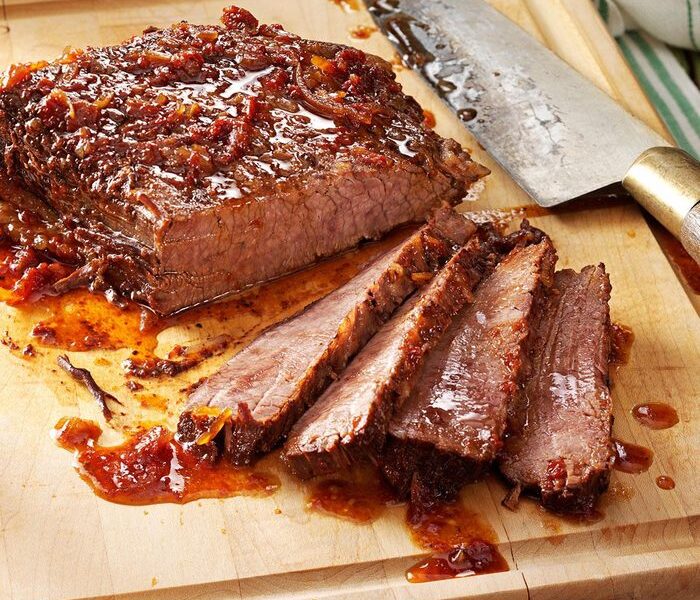After 17 Hanukkahs here, one thing about the way the Festival of Lights is celebrated in Israel never ceases to amaze me: the total absence of Christmas. In the States, Hanukkah’s relation to Christmas is of crucial concern. The more the two holidays overlap, the more that Jews will be celebrating their winter holiday at the same time that the majority of Americans are celebrating theirs. In Israel, Christmas is simply not on the radar screen for most Israelis, and so Hanukkah goes it alone.
Since I grew up in the States and only moved here at the age of 36, I cannot help but think of Hanukkah in relation to Christmas. And so I know that this year Hanukkah is just a little too “early” (beginning on Tuesday night, Dec. 16, and ending on Wednesday, Dec. 24) – and I also know what this means in America. An early Hanukkah is disconcerting to many American Jews. It’s sort of like a secret Converso holiday: the Jews are celebrating in their homes while the outside world is filled with anticipation of Christmas. You are wished “Merry Christmas” all throughout your holiday. There are print and broadcast media pieces on Hanukkah, and schools and offices sprout paper menorahs, but these cannot put a dent in the general feeling of Christmas that pervades the outside world. An early Hanukkah is disconcerting to many American Jews. It’s sort of like a secret Converso holiday: the Jews are celebrating in their homes while the outside world is filled with anticipation of Christmas.
As is the case every year, Hanukkah in Israel is always on time. It is never early or late. And while Israeli life is geared toward the Gregorian calendar (so that, unlike Christmas, even knowledgeable Israelis have to do some figuring in order to calculate the first night of Hanukkah), one can gage the date of Hanukkah by the availability and variety of sufganiot (donuts). Sufganiot start making their appearance in October, shortly after the conclusion of Judaism’s fall holidays. As Hanukkah nears, donut makers get more ambitious in terms of both quantity and quality – augmenting the traditional strawberry jelly filling with butterscotch, chocolate, halva, and even guava and passion fruit, as well as experimenting with more sophisticated donut coatings (like carob powder or ground brown sugar) rather than the usual powdered sugar.
I have to admit that left to its lonesome, there’s some drama missing in a Hanukkah without Christmas. After all, as our prayers remind us, Hanukkah celebrates a Jewish victory of the weak and the few over the strong and the many.
The spirit of Hanukkah comes to life more in a country where you have to fight for it, where you have to insist on its legitimate place within the cultural spectrum. This is not to say that life here in the Jewish state is without drama. A number of our Arab neighbors help make life in Israel exciting in a Maccabean way throughout the year. But the Jewish state rather than the Jewish individual is the primary setting for this drama. And the stakes are much, much higher than whether or not to get offended if someone wishes you a Merry Christmas. For my part, I wish you all a Happy Hanukkah.
Teddy Weinberger, Ph.D., writes from Givat Ze’ev, a suburb of Jerusalem just over the Green Line. He and his wife, Sarah Jane Ross, made aliyah in 1997 with their five children. Teddy is director of development for Meaningful, a company that works with Israeli non-profit organizations. His in-laws live in Scottsdale for most of the year.





